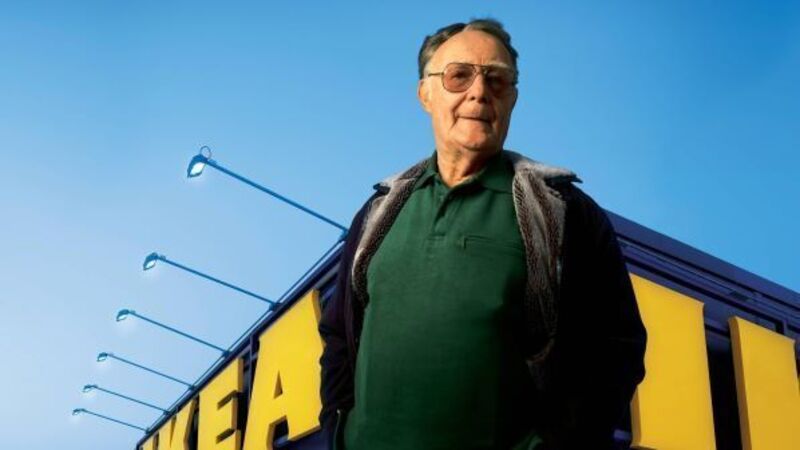Piecing together the Ikea story

IT is a milestone in the world of retailing, the departure from the board of ‘Inter Ikea’ of 87-year-old Ingvar Kamprad, founder in the 1940s of the flat pack furniture chain, which has brought frustration and joy, in almost equal measure, to its vast and growing army of customers.
Ikea is a global giant these days. On Wednesday, the firm also announced a 9.5% rise in sales to €27bn, along with an 8% increase in net income to €3.2bn.
















